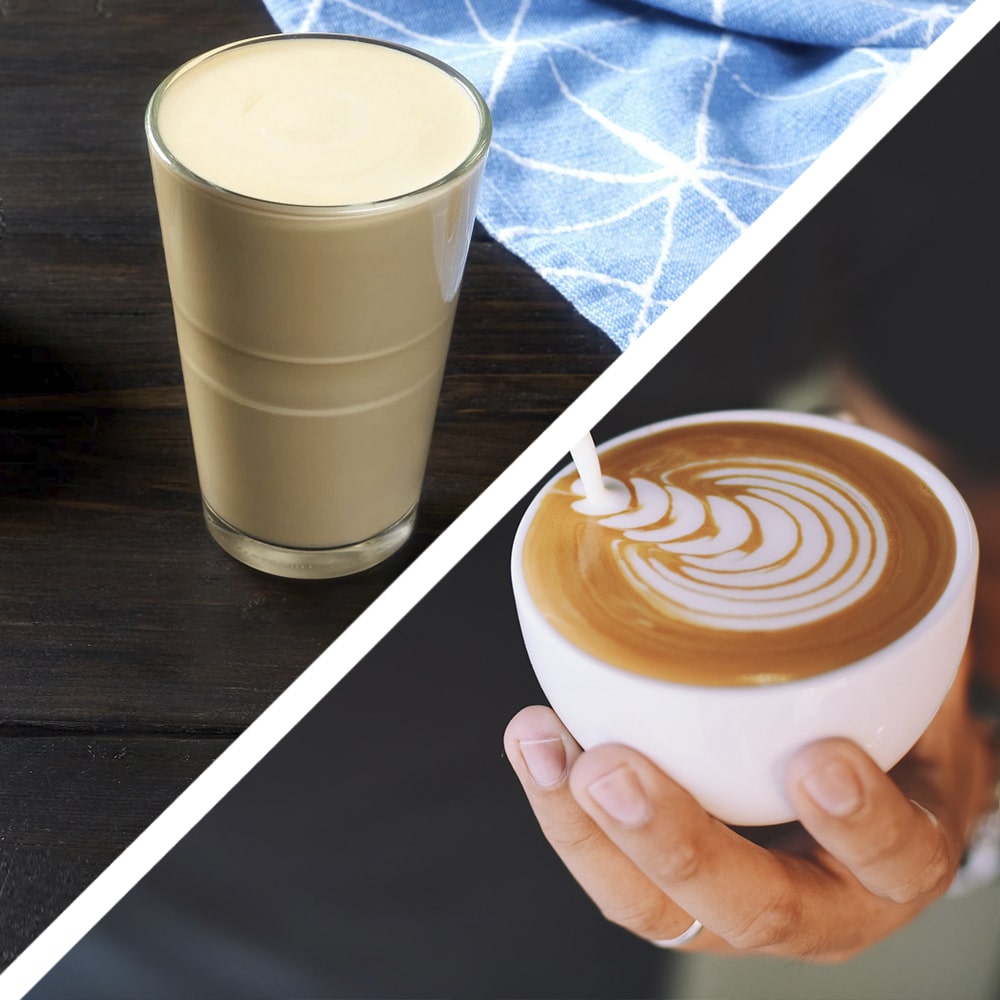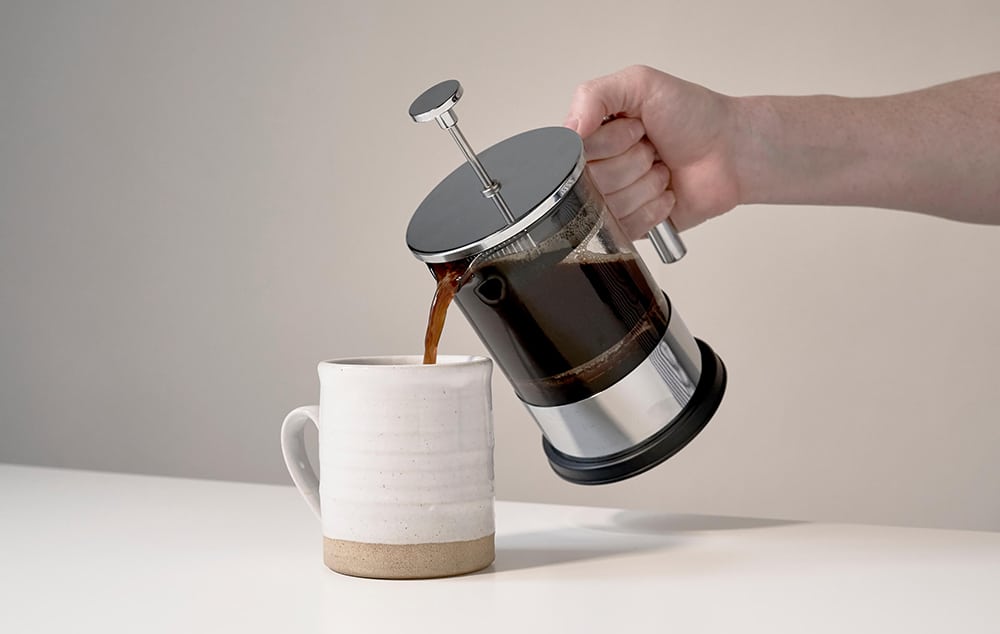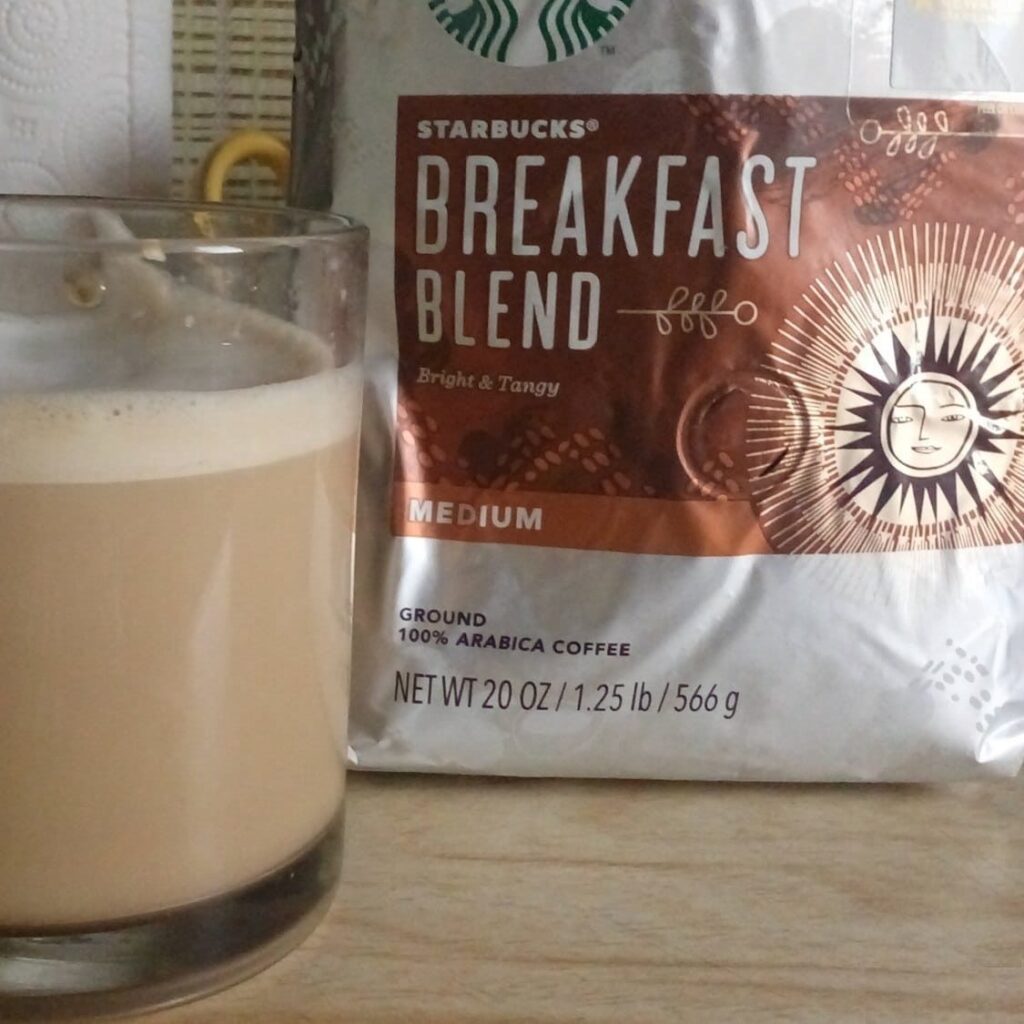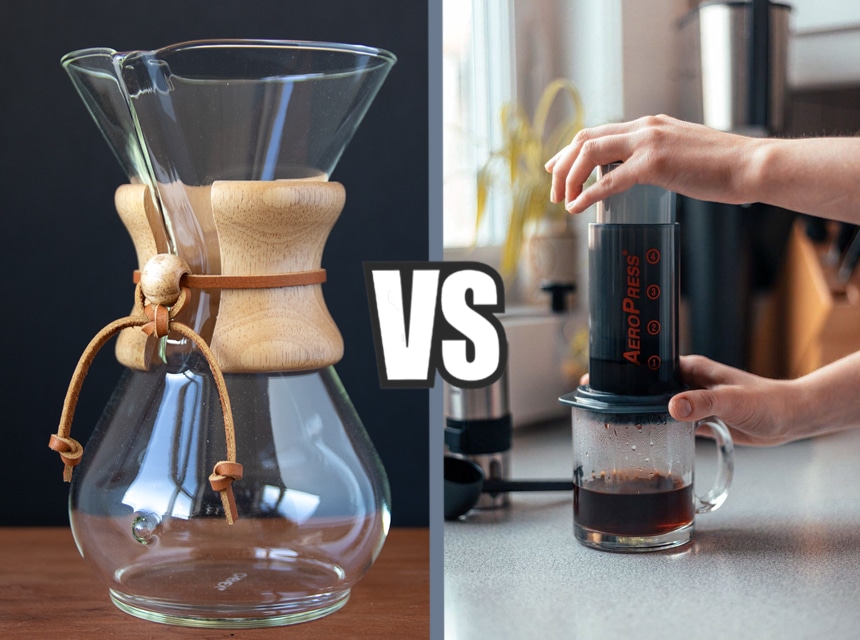

Few things match up to the satisfaction one gets after taking that first sip of coffee in the morning. It’s like a sudden burst of energy that gives you the will to face your day. Interestingly, coffee was originally used to aid religious rituals and was a less known delicacy. Now, it’s an unstoppable force, and according to the BBC Trusted Source How coffee became an unstoppable force Coffee was once a little-known delicacy used to aid religious rituals – now we drink more than two billion cups a day. www.bbc.com , there are over 2 billion cups of coffee taken daily. It’s like the world runs on coffee!
If you’re a ‘don’t talk to me until I’ve had my first cup of coffee kind of person, then you know how disappointing it is to take your first sip only to be met by an overwhelming bitterness. We both know that even though coffee can sometimes be strong, the perfect cup has tones that are balanced out. Why is coffee bitter? Are there remedies to fix this? We have compiled the complete guide to bitterness in coffee!
Much like fine wine, loving coffee is an acquired taste. There are people who can’t stand the scent of coffee, leave alone the taste. However, once you start enjoying this brew, there’s no going back. You’ll find yourself constantly looking for ways to perfect your drink. Even though coffee is naturally bitter due to the tannin, the bitterness shouldn’t be so dominant that it’s the only thing you taste. Here are 9 reasons why you’re scrunching your face after that first sip and how you can fix this.
Brewing coffee seems like a straightforward process; add your freshly ground coffee beans to hot water, and then you have coffee. However, it rarely is this easy and is a bit more complicated. When you steep your coffee grinds, the elements held inside them, including the flavors, acids, oils, and sugars, are released into the water. This process is referred to as extraction. To get the perfect cup of coffee, you need to ensure that you only extract the right balance of delicious flavors and organic compounds into your cup. If you under-extract your coffee grinds, you’ll end up with a weak-tasting cup of coffee. On the other hand, over-extraction results in coffee that’s harsh & full of bitter flavors over your taste buds.
Solution: reduce the time you take to steep your coffee. For instance, if you extract your coffee for 7 minutes, try reducing the time to 5 minutes, and this will significantly improve the flavor.
Brewing the perfect cup of coffee takes skill and has a lot to do with your grind size aligning with the brewing method you plan on using. You need to first identify your ideal grind setting, and it all starts with the grinder you use.
Based on popular reviews, the Capresso 560 Infinity Conical Burr Grinder is one of the best, and it gives you control over your preferred grind size. It also gives you the flexibility to try various grind ranges, from French Press coarse to ultrafine Turkish, until you find the size that works for you. This grinder is easy to clean & maintain, has a large capacity, and preserves the aroma of your coffee.
Here’s the rule of the thumb: coarse grinds tend to make light but delicious brews, while finer grinds contribute to strong bitter tastes as they extract more flavor.
Solution: if you’ve been using a fine grind, consider grinding your beans a little coarser. You should also realign your grind size and the brewing methods. For instance, coarse grinds use the french press percolator; medium grinds can be brewed with a regular coffee maker, fine grind requires coffee machines that have cone filters, while extra-fine grinds need Pump and Steam espresso machines.
One of the main myths associated with coffee makers is that rinsing your machine is enough as it ages your brewer faster, causing your coffee to be tastier. This is false! The residue from your previous brews can significantly impact the flavor of your coffee. Keep in mind that coffee contains natural organic compounds and oils. When this residue builds up, it results in a better-tasting cup of coffee.
Solution: take your time cleaning your brew equipment, and if needed, you can take apart the individual components for a more thorough cleanse. If you’re using electrical equipment, consider descaling.
Arabica and Robusta are 2 of the world’s most common coffee beans, and according to
Reuters
Trusted Source
A rediscovered forgotten species brews promise for coffee's future | Reuters
In dense tropical forests in Sierra Leone, scientists have rediscovered a coffee species not seen in the wild in decades – a plant they say may help secure the future of this valuable commodity that has been imperiled by climate change.
www.reuters.com
, both of them make up 99% of the global coffee consumption. Arabica is considered more premium compared to Robusta but is less popular because it’s difficult to grow. Robusta often has a strong bitter taste compared to arabica since it has less sugar content and chlorogenic acids.
Solution: switch to pure arabica coffee.
You already know that coffee beans become stale as they age but what you may not know is that this also contributes to the bitter flavor. Fresh coffee beans make a delicious cup of coffee, and once you get used to them, you will definitely notice and become sensitive to the bitter taste.
Solution: only buy what you can consume within 2 weeks or whole beans so that you can grind them yourself.
Darker roasts are generally more bitter compared to medium and light roasts. While some people prefer these kinds of roast, if you’re finding the bitter taste overwhelming, you should switch to a lighter roast.
Solution: Consider using light to medium roasts. According to expert recommendations, the Breakfast Blend Light Roast Coffee Beans from Real Good Coffee Company is popular among coffee lovers. It’s made from premium arabica and is versatile enough to be used on most coffee machines. In addition, it delivers a smooth flavor and is perfect for a morning cup of coffee. You can also check out our review of the best light roast coffee beans to find the most delicious ones for you!
The more coffee you put in your water, the stronger the taste will be. If you’re brewing your grind with little water, you should consider increasing the quantity to balance out the flavors.
Solution: adhere to the golden ratio: 1 liter of water to 50 grams of coffee.
The type of water you use highly influences the taste of your coffee. Unfiltered water can ruin your coffee, but on the other hand, using distilled water can also affect the coffee taste.
Solution: consider using spring or bottled water when making your coffee.
If you use boiling water on your coffee grinds, it will scorch the coffee, causing it to have a bitter taste.
Solution: once your water boils, allow it to cool before you use it to brew coffee. The optimal water temperature for coffee brewing is 205°F. You can also check out our selection of the best thermal coffee makers that preserve the aroma and flavor of coffee by avoiding additional heat which may cause over-extraction and a burnt taste.
Why is coffee bitter? Well, the main reasons can be attributed to over-extraction, using fine coffee grinds, dirty equipment, and the origin of your coffee beans. Stale coffee beans also have a bitter taste, as do dark roasts. To brew that perfect cup of coffee, make sure you use the right type of water in terms of quality and temperature and that the ratio of coffee to water is optimal. You should also clean your coffee maker often, avoid steeping your beans for too long, and only use fresh beans.





